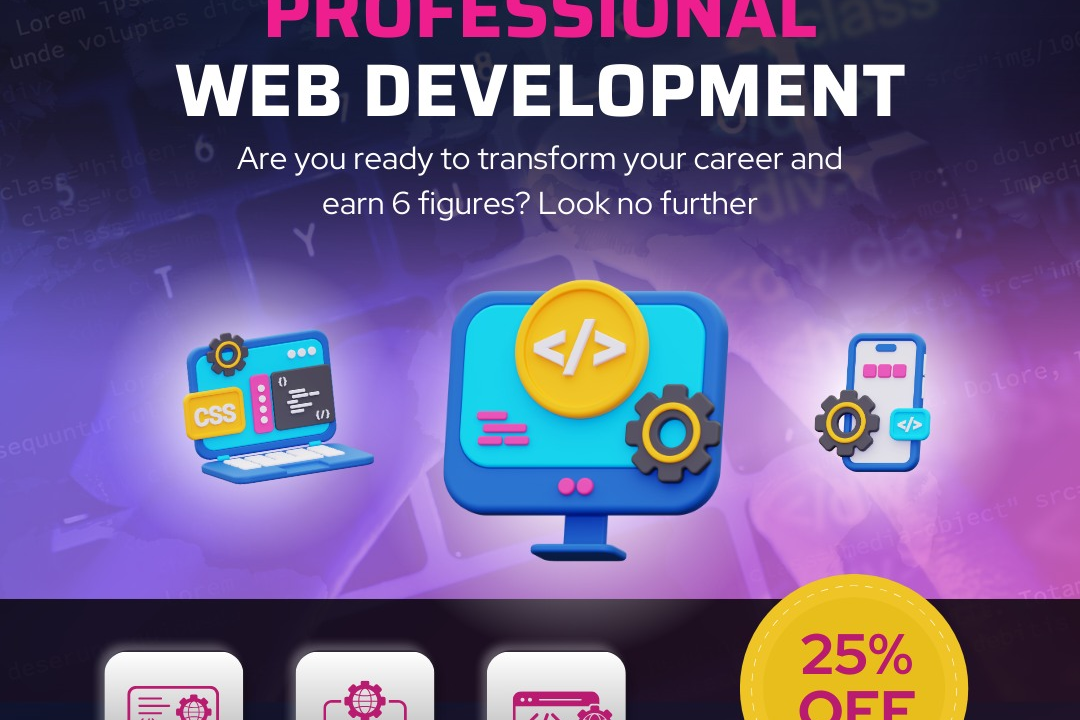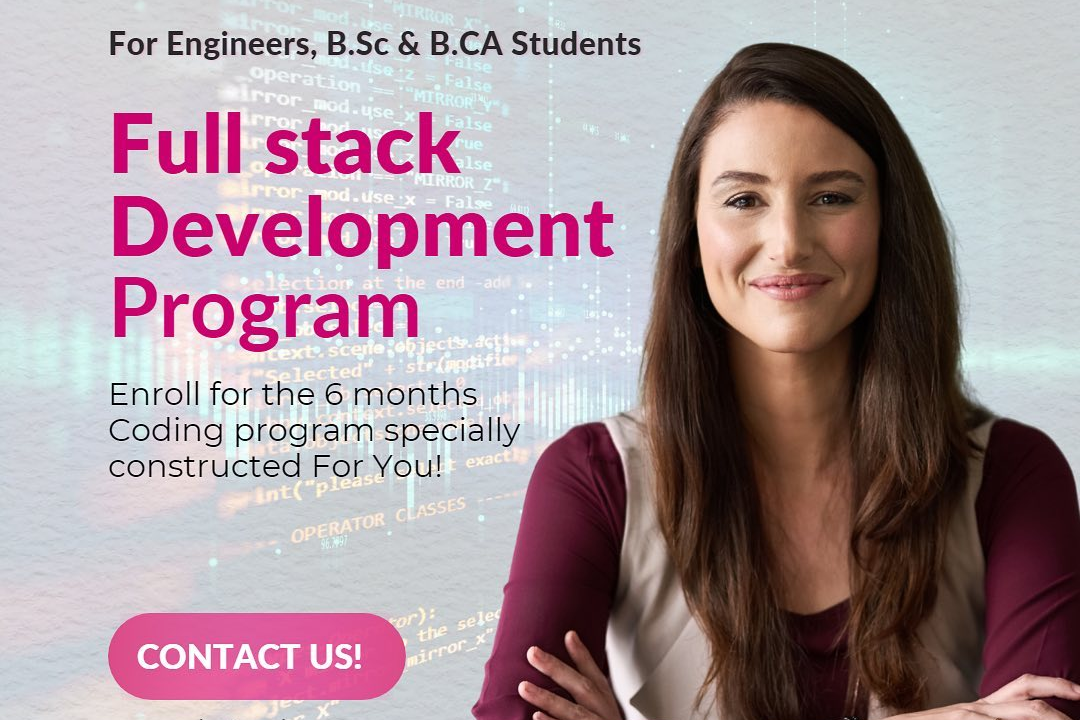Interview Questions With Answer On React Native For Fresher
Essential React Native Interview Questions and Answers for Freshers
Interview Questions With Answer On React Native For Fresher
Understanding React Native interview questions and their answers for freshers is crucial as they provide valuable insights into the fundamentals and practical aspects of React Native development. These questions assess candidates' knowledge of React Native components, state management, performance optimization, and best practices. By understanding the rationale behind each question, freshers can showcase their technical proficiency, demonstrate their understanding of the React Native ecosystem, and effectively convey their problem-solving abilities to potential employers.
To Download Our Brochure: https://www.justacademy.co/download-brochure-for-free
Message us for more information: +91 9987184296
1 - What is React Native?
Answer: A JavaScript framework for building native mobile apps for iOS and Android.
2) Why use React Native?
Answer: Enables cross platform app development, reduced development time and cost, and enhanced performance.
3) What are the key components of React Native?
Answer: Components, state management, styles, and networking.
4) What is the difference between a class and a function component in React Native?
Answer: Class components define state and lifecycle methods, while function components are lightweight and accept props.
5) How do you handle state management in React Native?
Answer: Using Redux or Zustand for complex state management, or local state for smaller components.
6) What is the purpose of the Navigator component?
Answer: To handle navigation between different screens within the app.
7) What is the use of the AsyncStorage API?
Answer: To store data locally on the device, such as user preferences or session details.
8) How do you render data from an API in React Native?
Answer: Using the Fetch API or a library like Axios to retrieve data, and then using the `useState` hook to update the component's state with the data.
9) What is the difference between props and state in React Native?
Answer: Props are immutable data passed from a parent component, while state is mutable data managed by the component itself.
10) What are some best practices for optimizing React Native apps?
Answer: Using memoization techniques, optimizing images, and minimizing unnecessary re renders.
11 - What are the advantages of using React Native over native development?
Answer: Code reusability, faster development, and access to a large community and ecosystem.
12) What are some limitations of using React Native?
Answer: Limited access to native features, potential performance issues for complex apps, and dependency on third party libraries.
13) How can I contribute to the React Native community?
Answer: By contributing to the project's GitHub repository, participating in discussions, or creating and sharing resources.
14) What are the career opportunities for React Native developers?
Answer: Strong demand in mobile app development, high earning potential, and opportunities in various industries.
15) What are your favorite resources for learning React Native?
Answer: React Native official documentation, tutorials by experienced developers, online courses, and community forums.
- Answer questions accurately and completely. The more accurate and complete your answers are, the more points you will receive.
- 2. Answer questions quickly. The faster you answer questions, the more points you will receive.
- 3. Answer questions in a timely manner. If you wait too long to answer questions, you may lose points.
- 4. Answer questions in a variety of categories. The more categories you answer questions in, the more points you will receive.
- 5. Help other users. You can get points by helping other users answer questions.
- 6. Participate in the community. You can get points by participating in the community, such as by posting questions, answering questions, and commenting on posts.
- 7. Sign up for the newsletter. You can get points by signing up for the newsletter.
- 8. Follow us on social media. You can get points by following us on social media.
- 9. Invite your friends. You can get points by inviting your friends to join the site.
- 10. Make purchases. You can get points by making purchases on the site.
- Course Overview
- This course provides comprehensive guidance on answering technical interview questions related to React Native, a popular mobile application development framework. Designed for freshers, it covers fundamental concepts, best practices, and troubleshooting techniques, equipping candidates with the knowledge and confidence to excel in technical interviews.
- Course Description
- This course covers essential interview questions and answers tailored specifically for freshers seeking roles in React Native development. It provides comprehensive guidance on the fundamentals, core concepts, and practical applications of React Native, equipping candidates with the knowledge and confidence to excel in technical interviews.
- Key Features
- 1 - Comprehensive Tool Coverage: Provides hands-on training with a range of industry-standard testing tools, including Selenium, JIRA, LoadRunner, and TestRail.
- 2) Practical Exercises: Features real-world exercises and case studies to apply tools in various testing scenarios.
- 3) Interactive Learning: Includes interactive sessions with industry experts for personalized feedback and guidance.
- 4) Detailed Tutorials: Offers extensive tutorials and documentation on tool functionalities and best practices.
- 5) Advanced Techniques: Covers both fundamental and advanced techniques for using testing tools effectively.
- 6) Data Visualization: Integrates tools for visualizing test metrics and results, enhancing data interpretation and decision-making.
- 7) Tool Integration: Teaches how to integrate testing tools into the software development lifecycle for streamlined workflows.
- 8) Project-Based Learning: Focuses on project-based learning to build practical skills and create a portfolio of completed tasks.
- 9) Career Support: Provides resources and support for applying learned skills to real-world job scenarios, including resume building and interview preparation.
- 10) Up-to-Date Content: Ensures that course materials reflect the latest industry standards and tool updates.
Benefits of taking our course
Functional Tools
1 - React Native CLI: A command line tool for creating and running React Native projects. It provides a convenient way to create new projects, build and run apps, and manage dependencies.
2) Expo: A framework that simplifies the development of React Native apps. It offers a wide range of features, including a managed workflow, live reloading, and built in modules.
3) Redux: A state management library for React Native. It helps to manage complex application state in a predictable and efficient way.
4) Async Storage: A library for storing data on the device's local storage. It provides a simple API for storing and retrieving data.
5) Jest: A testing framework for React Native. It enables developers to write tests for their apps and ensure they are working correctly.
6) DevTools: A tool that provides access to a rich set of debugging information for React Native apps. It allows developers to inspect the state of their apps, modify props, and simulate user interactions.
- Answer questions thoroughly and accurately. This is the most important thing you can do to get more points. Make sure your answers are complete and well written, and that you provide all of the necessary information.
- Participate in discussions.* Ask questions, respond to other people's questions, and contribute your own insights and ideas. The more you participate, the more points you'll earn.
- Help others.* If you see someone struggling with a question, offer your help. You can provide guidance, offer resources, or simply offer encouragement. Helping others is a great way to earn points and make friends.
- Be active on the site.* The more active you are on the site, the more points you'll earn. Log in frequently, participate in discussions, and answer questions. The more you contribute, the more points you'll get.
- Refer friends.* If you know someone who would be interested in joining the site, refer them. You'll earn points for every friend you refer who joins and becomes active.
- Take advantage of special offers.* The site often runs special offers that can help you earn more points. These offers may include bonuses for answering questions, participating in discussions, or referring friends. Take advantage of these offers to boost your point total.
Browse our course links : https://www.justacademy.co/all-courses
To Join our FREE DEMO Session:
This information is sourced from JustAcademy
Contact Info:
Roshan Chaturvedi
Message us on Whatsapp:
Email id: info@justacademy.co












